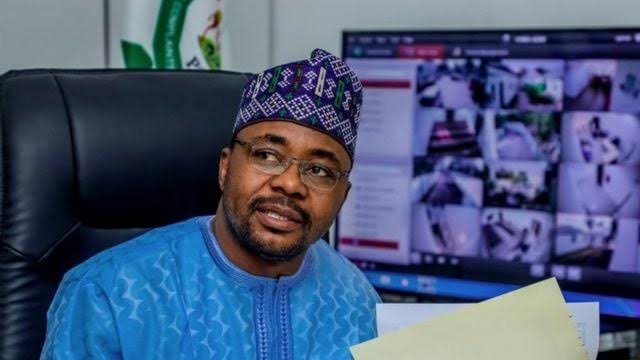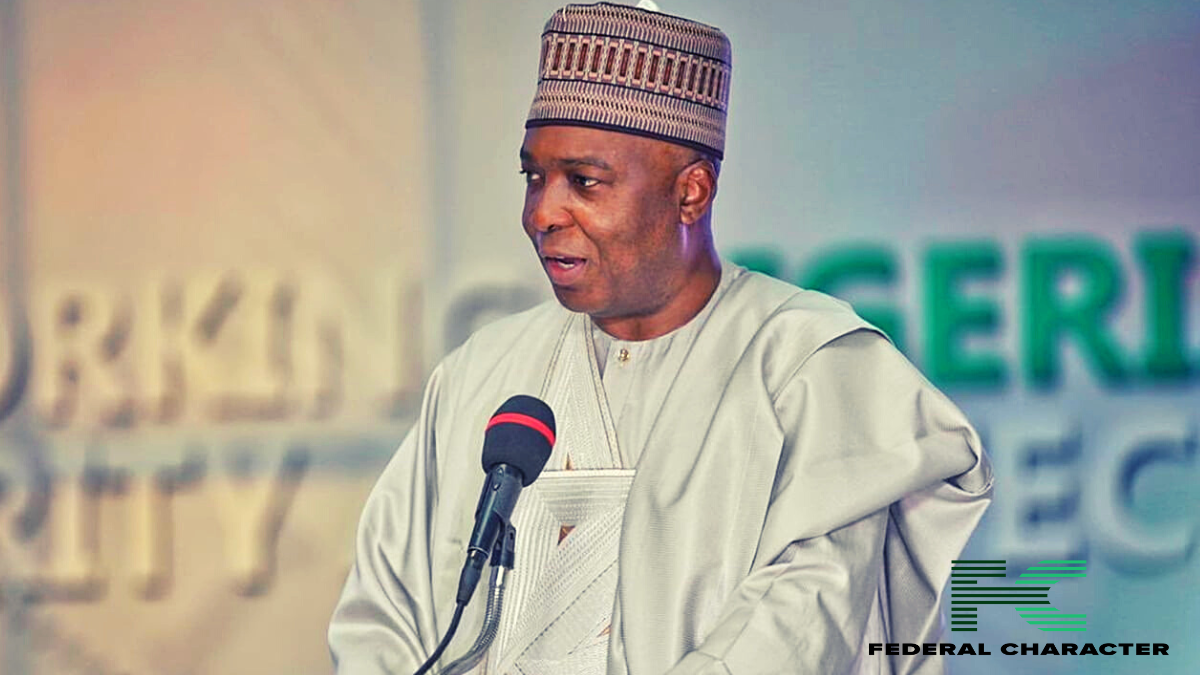Bar. Muhuyi Rimingado, Chairman of the Kano State Public Complaints and Anti-Corruption Commission, stated on Saturday that the commission has discovered N18 billion in funds syphoned by politicians in collusion with government servants in the state.
Rimingado made the disclosure during a one-day capacity-building workshop on anti-corruption organised by the Commission in collaboration with the office of the Kano State Head of Civil Service and International Idea (ROLAC II Programme) for Kano State Civil Service Directors.
He stated that civil servants were caught in the middle of corrupt practice in all ground cases investigated by the commission, necessitating the organisation of a capacity building workshop for civil servants to sensitise them against being used by politicians to perpetrate corrupt practices.

According to Rimingado, politicians commit 90% of corrupt activities through procurement procedures, sometimes with the cooperation of state personnel.
He declared that going forward, the commission would discipline any public employees discovered to have participated in any state corruption case.
He stated, “Our goal is to raise awareness among civil servants about the dangers of politicians abusing their power to violate the law.
” They are entangled in unethical behaviour. All of the corrupt ground activities that the agency is looking into in Kano include civil personnel as components and tools in the hands of powerful individuals.
“Again, 90 percent of corruption cases include procurement services. When politicians want to steal, they utilise procurement to cover it up.
“So we’re here to educate them on anti-corruption legislation, public procurement, and financial management laws. We are here to explain how to deal with Kano state’s public finances, anti-corruption legislation, and other essential laws that will lead them in carrying out their duties.
“The reason the local government employees are here as well is because we have a case in which the politicians stole public funds by using the cashiers’ accounts of the local government. The cashiers offered to take out the money, bring it to the bureau de change, and then give it back.
“We want to warn and caution them about the implications of their corrupt actions. Anyone discovered to be involved in any form of corruption shall face penalties.
We are resolved to implement the state government’s zero tolerance for corruption principle”.
In his speech, Kano State Governor Abba Yusuf laments on how the previous administration plundered the state’s treasury dry, saying “They spent all eight years looting the state’s money”.
Governor Yusuf, who was represented by his Deputy Governor, Comrade Aminu Abdussalam Gwarzo, stated that the government would not tolerate corruption and urged the state civil service directors to reject all forms of corruption in favour of honesty, dedication, and selfless service for the state’s development.
The Head of Civil Service, Abdullahi Musa, had earlier told the attendees that in addition to acting as positive role models for their subordinates and working together to combat corruption, directors in the civil service were tasked with managing public resources to ensure their prudent and effective utilisation for the benefit of all.
Final Thoughts
The involvement of civil servants in these corrupt practices is concerning. As gatekeepers of public funds, they should be upholding ethical standards and ensuring that public resources are used for the benefit of the people.
However, their entanglement in corrupt schemes, often driven by pressure from politicians, indicates a breakdown in accountability and governance within the civil service.

















